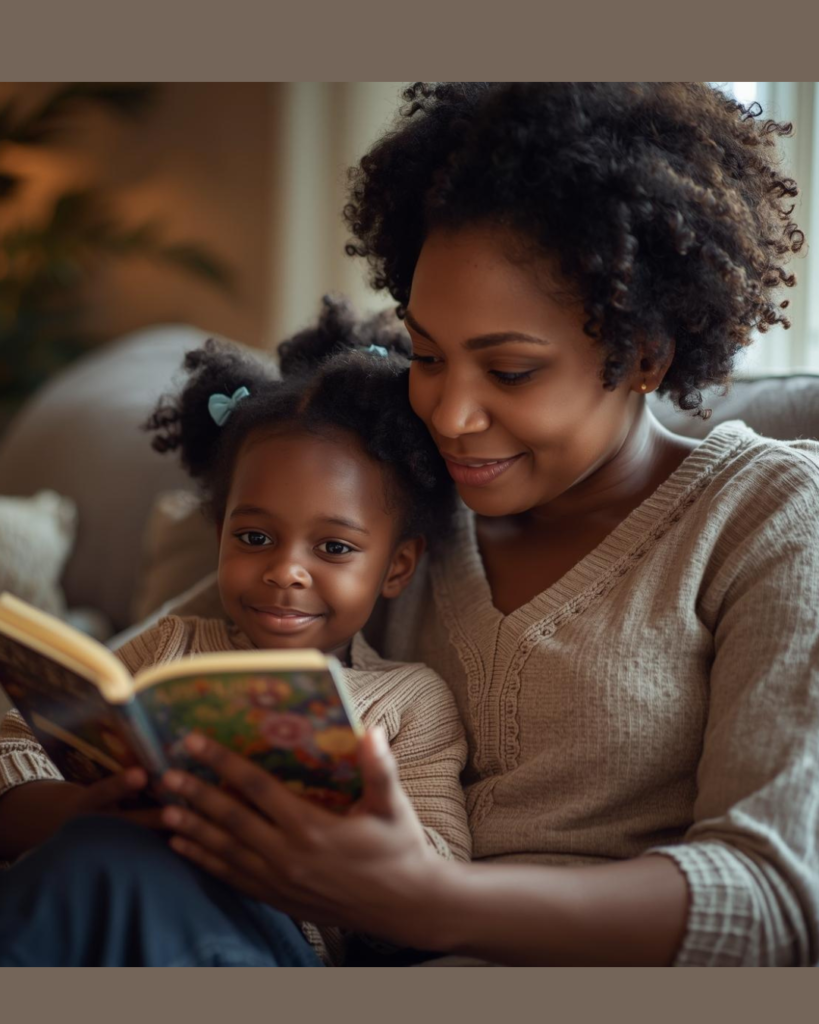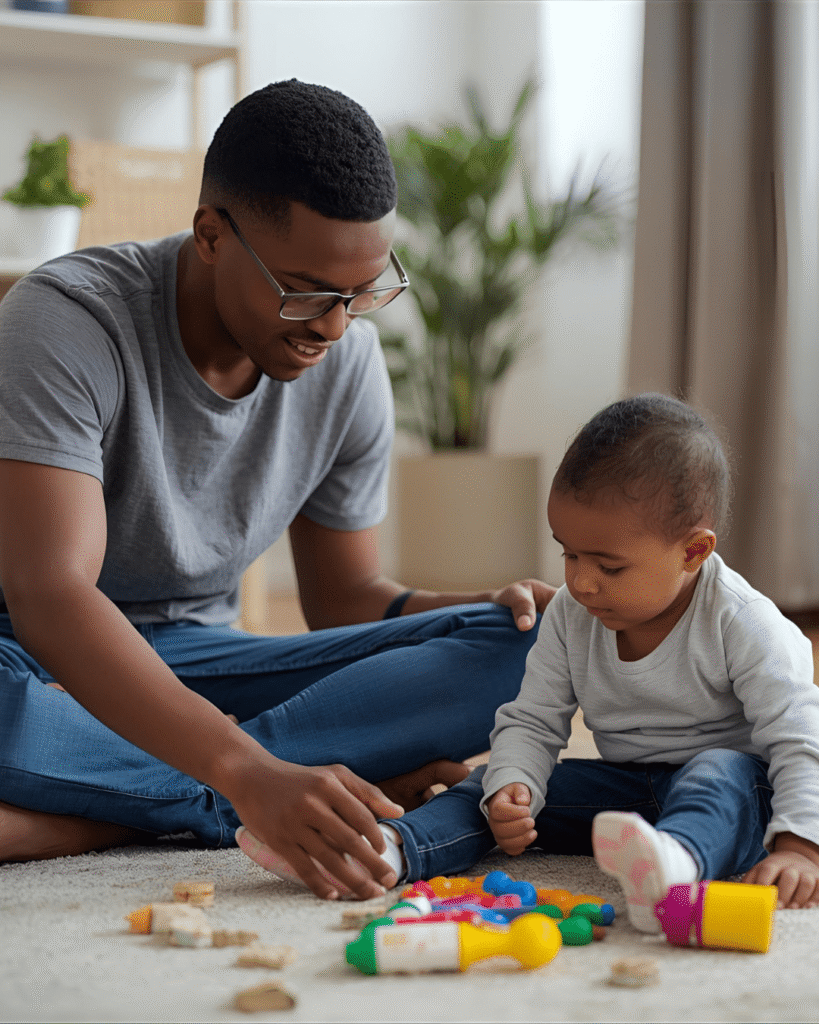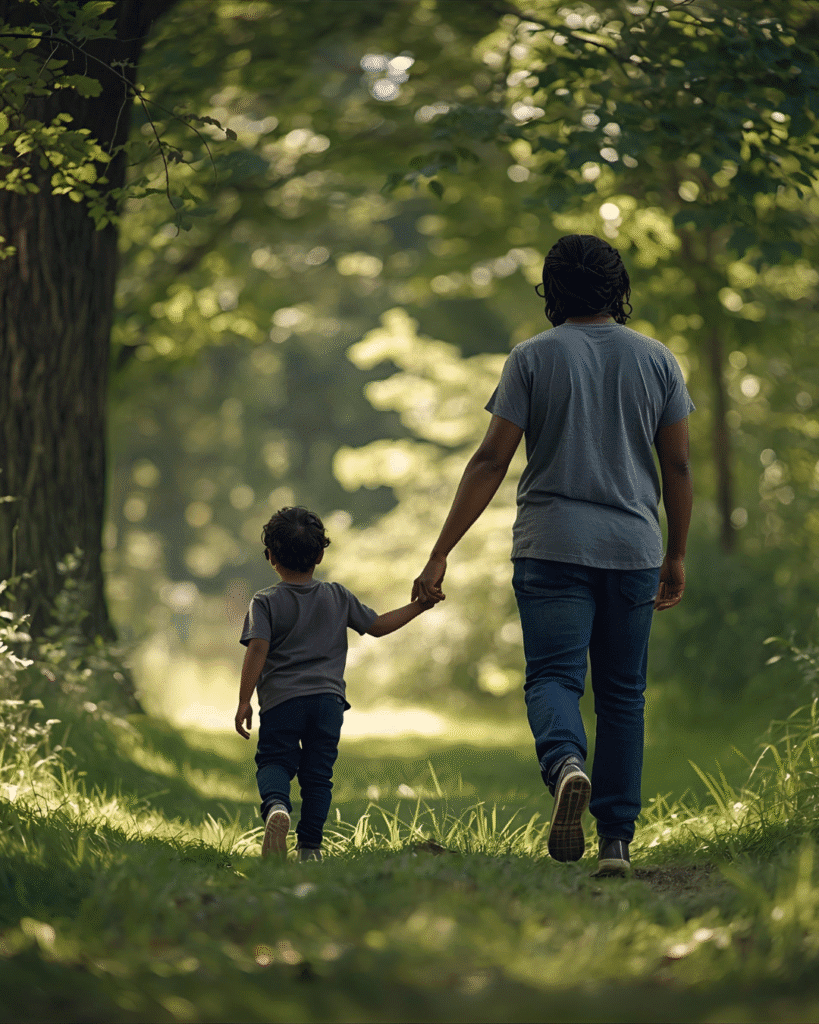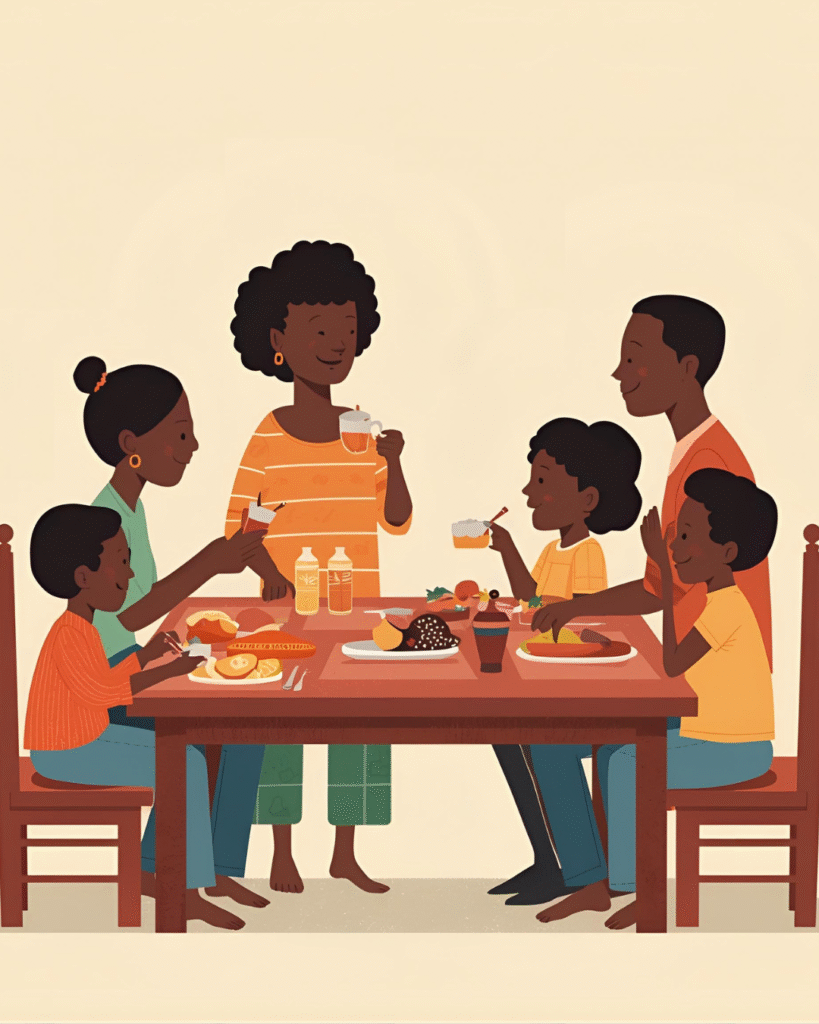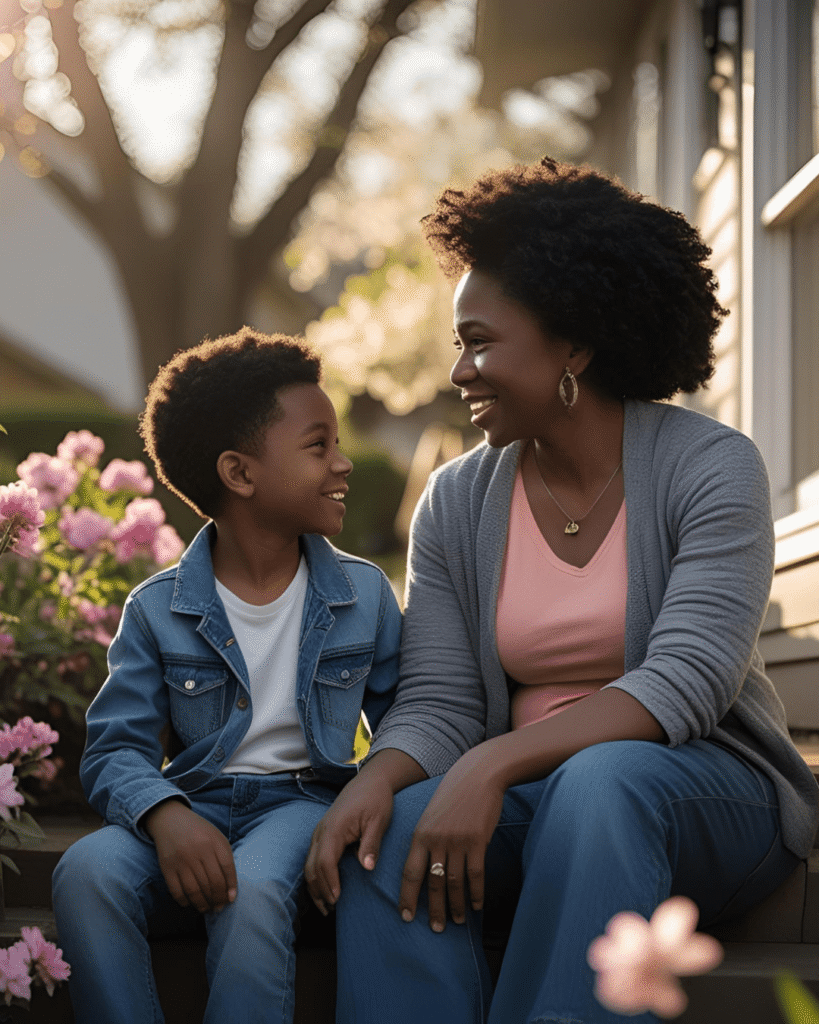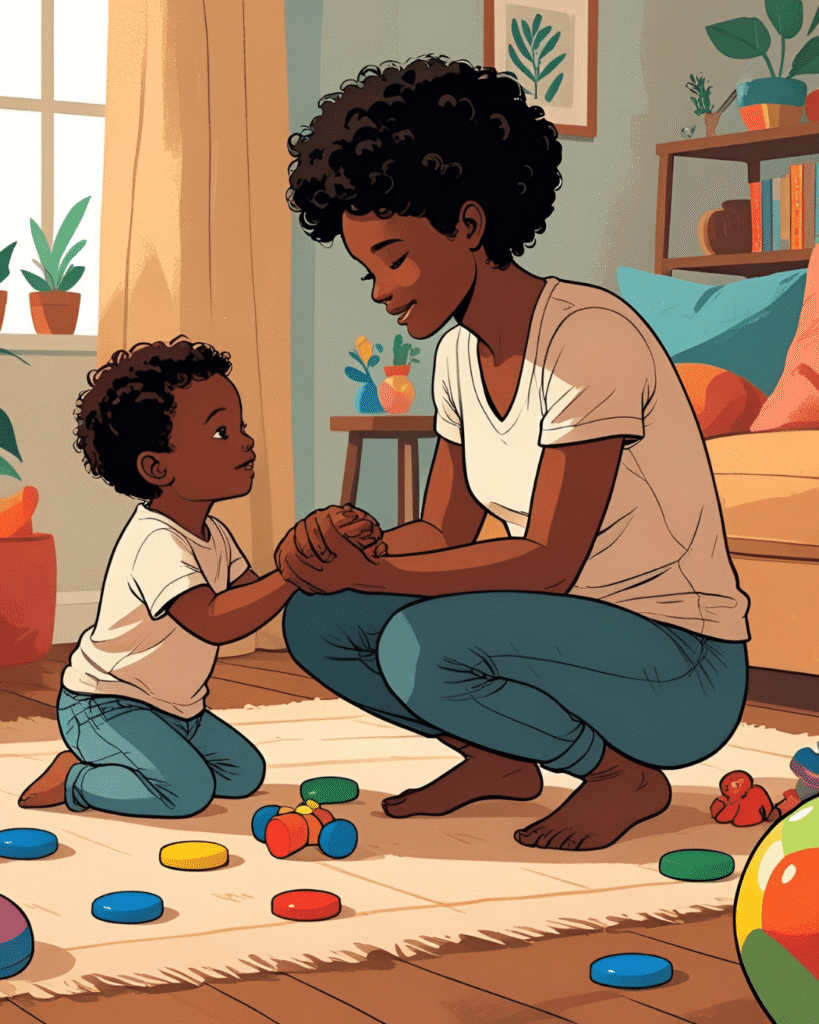Inspiring Stories of Moms Who Found Their Passion
10 Nigerian Women Who Prove That Family and Purpose Can Grow Together In many families, moms are the first teachers, the quiet heroes, and the ones holding everything together. But beyond the daily routines, school runs, and family meals, many mothers are also chasing purpose—and finding it in powerful ways. Nigeria is full of women […]
Inspiring Stories of Moms Who Found Their Passion Read More »

